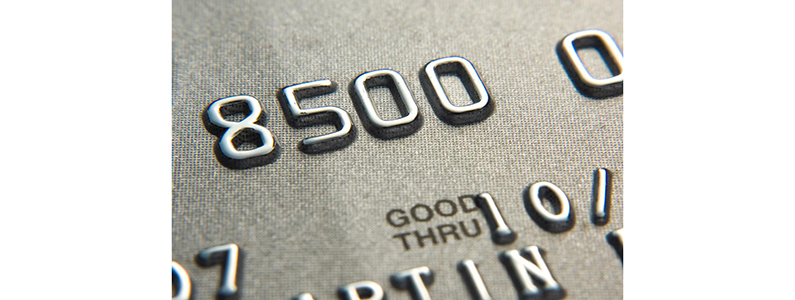The ubiquitous use of debit and credit cards has led today’s consumers to forget about planning and saving. People love to own things, and their Visas or MasterCards have become the ticket for providing them with everything. But at some point, they have to pay for those goods, and they end up paying a lot more. Not only do they pay interest on their credit card debt, but they suffer from a phenomenon known as “credit card premium,” which causes them to spend more when shopping with plastic than with cash.
A Dunn & Bradstreet study found that people spend 12%-18% more when using credit cards than when using cash. And McDonald’s found that the average transaction rose from $4.50 to $7 when customers used plastic instead of cash.
Use cash instead of plastic
By using actual money, you force yourself to plan better and you regularly see the consequences of your spending habits. Unlike a credit card statement that you view once a month, you see the contents of your wallet every time you pull it out. The pain of watching your funds diminish can suffice to keep you on track and curb your impulse spending. And if all of that is not enough to convince you to try paper money instead of credit, studies now show that people who pay cash, not credit, for groceries end up selecting healthier foods. Those who used credit ended up making unplanned, impulse food choices that often included “vice products” like candy, cookies, and sugary drinks, whereas cash spenders were more likely to stick to their shopping lists.
Win with tactical finance
Most beginner and even medium-level chess players should focus their training predominantly on tactics. Tactics are the execution of the strategy, in the same way that budgeting is the implementation of the financial plan. In fact, you could substitute the words “managing money” for “chess play” and the wisdom of American Grandmaster Samuel Reshevsky would aptly apply: “No matter how much theory progresses, how radically styles change, chess play is inconceivable without tactics.”
The failure point for many players comes when they want to spend too much time on strategy, since they like the artistic side of it, but they aren’t sharp or alert enough in the implementation of actual tactics. Along with this, many players work on their tactical moves but neglect to observe the movements of their opponents. Managing your income and outflow, the cornerstone of fiscal responsibility, requires you to plan each move you make very carefully, and to keep an eye on what’s going on around you constantly so that you can adjust your moves accordingly.
For more about the important tactic of budgeting and managing your money, click here.




